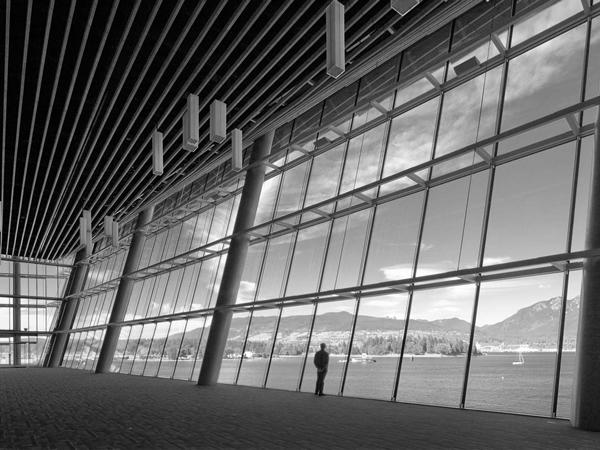
Date: 14 May 2019
A new study by the Dutch scientific institute TNO, commissioned by Glass for Europe, finds that nearly 30% of Europe’s building energy consumption for heating and cooling could be saved in 2030 if all Europe’s buildings were equipped with high-performance glazing.
To Glass for Europe, it is striking to note that almost half of these savings could be realised in as little as 10 years should the renovation rate of windows be doubled, i.e. from 2% to 4% annually, and that newly installed windows be equipped with high-performance glazing.
The study by TNO is a quantification of both energy and CO2 savings that can be realised for heating and cooling of buildings thanks to high-performance glazing across the 28 EU Member States in both horizons 2030 and 2050.
In addition to full potentials, whereby all windows are equipped with high-performance glazing across all EU buildings, it also simulates the impacts of several window replacement rates, all compared to a baseline scenario.
Leo Bakker, author of the study and Façade expert at TNO, explains: “This study is an update of studies realised by TNO on the same topic a decade ago. It incorporates fresh data, for example on Europe’s building stock and its performance and on the decarbonisation of the energy mix, but its main novelty is that it quantifies savings induced by increased window replacement rates. This allows to identify the potential in window retrofitting, when equipped with high-performance glazing, whose properties were provided by Glass for Europe’s experts”.
Christian Quenett, Chairman of Glass for Europe and Head of Architectural Glass Europe at the NSG Group, declares: “This study demonstrates once more the massive energy savings and induced CO2 emission reduction that is made possible thanks to high-performance glazing, which are readily available in Europe. Most interestingly, it highlights that these long-lasting savings could be realised rapidly if building and energy-efficiency policies across Europe were effective at supporting a doubling of the building renovation rate and the uptake of high-performance glass products.”
Bertrand Cazes, Secretary General of Glass for Europe, adds: “When Member States are busy looking for effective climate mitigation measures and designing long-term plans for the renovation of buildings, it arises from this study that Member States can already go a long way with actionable and targeted policy measures on glazing. Support mechanisms to window retrofitting, reviewed performance requirements and incentives to adopt high-performance glazing will make a big difference. The sooner the better!”
Glass for Europe draws the following conclusions:
- High-performance glazing in windows offer a massive energy reduction potential: 75 Mtoe representing 29% of building energy consumption for heating and cooling and 94 Million tonnes of CO2 could be saved in 2030 in the EU, should all buildings be equipped with high-performance glazing.
- As much as 36 Mtoe, i.e. nearly half of the full potential, could be realised in 2030 by doubling the window renovation rate from 2% to 4% annually with readily available high-performance glazing. This shows that effective measures to support window replacement and installation of high-performance glazing would be enough to already make substantial building efficiency and decarbonisation progress.
- Cumulated savings between 2020 and 2030, would reach as much 200 Mtoe and above 240 Million tonnes of CO2 thanks to a doubling of the window renovation rate with high-performance glazing. Considering windows offer long-lasting savings, it is in the interest of both citizens and the climate to act rapidly.
- As cooling equipment is expected to boom all across Europe, substantial savings in cooling buildings are to be realised from adequately using high-performance solar-control glass. Energy consumption from cooling could be reduced by 27,6% all across Europe in 2050. In the South of Europe, savings from cooling could reach as much as 36%. It is essential to use the ‘energy balance’ approach to assess performance and to choose glazing that maximise savings from both heating and cooling, without recourse to extra shading equipment.
- Upgrading glazing in buildings enables Europe’s decarbonisation and makes sense in a 2050 perspective when buildings become carbon neutral. Even when Europe’s energy mix is being largely decarbonised, 37,4% of CO2 emissions from buildings could be saved in 2050 thanks to advance glazing. In fact, the contribution of glazing to decarbonisation could turn out to be much higher, as this figure does not encompass savings which will be generated by the uptake of switchable / electrochromic glazing, glazing-integrated photovoltaics or other novel glazing technologies.
***
For more information on the study, please check out the accompanying infographic or visit the Glass for Europe website: https://glassforeurope.com/glazing-saving-potential-2030-2050/
Study: TNO, Potential impact of high-performance glazing on energy and CO2 savings in Europe, 2019.
 600450
600450









Add new comment